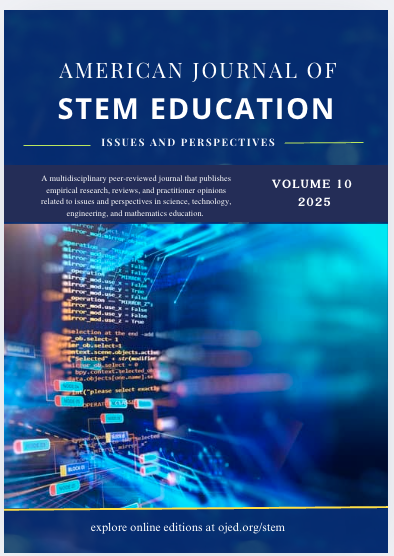Impact of national election-2017/18 on corporate performance
An analysis of insurance companies in Nepal
DOI:
https://doi.org/10.32674/Keywords:
national election, corporate performance, panel data analysis, GLS, insurance companiesAbstract
This paper analyzes the impact of the national election on corporate performance by using panel data from listed insurance companies over the period 2015 to 2021 with 126 observations. The proxy variables of corporate performance have used market price per share (MPS), dividend payout ratio (DPS), and return on assets (ROA) for market performance, investor’s performance, and firm’s performance respectively. This study uses the generalized least squared (GLS) method for the final impact assessment. Empirical analysis shows that the beta coefficient of D-election is significantly negative with all performance proxy variables in random effect estimates. This indicates that there is a random effect of the national election on corporate performance and provides a negative impact on corporate performance after the national election-2017-18. Similarly, analysis of fixed effects also support a similar impact except for the DPS because DPS is not significant.
Downloads
Published
Issue
Section
License
Copyright (c) 2023 Interdisciplinary Journal of Innovation in Nepalese Academia

This work is licensed under a Creative Commons Attribution-NonCommercial-NoDerivatives 4.0 International License.
Upon publication articles are immediately and freely available to anyone, anywhere, at any time. All published articles are licensed under a Creative Commons Attribution-NonCommercial-NoDerivs 4.0 Unported License. All articles are permanently available online. The final version of articles may be posted to an institutional repository or to the author's own website as long as the article includes a link back to the original article posted on OJED.






